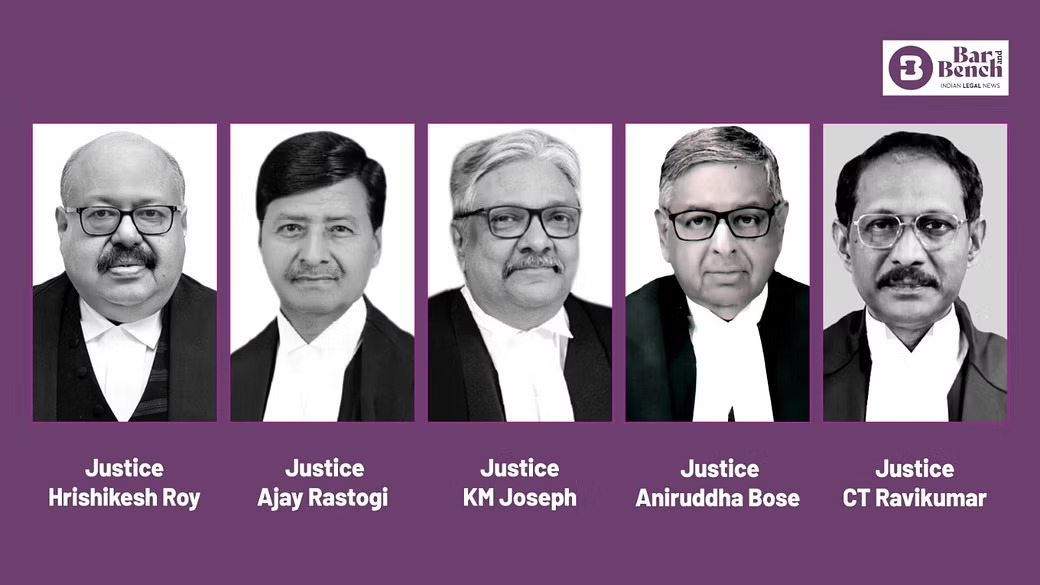The Apex Court upheld the age-old practice and tradition of Jallikattu, a bull taming sport played on the occasion of Pongal festival in the state of Tamil Nadu.
It is indeed a big relief to the states of Tamil Nadu, Karnataka and Maharashtra after the Hon’ble Bench headed by Justice KM Joseph decided to uphold the practice as ‘valid legislation’. The five-judge Constitution bench comprised of Justices KM Joseph, Ajay Rastogi, Aniruddha Bose, Hrishikesh Roy, and CT Ravikumar.
How The Matter Arose
These sports were outlawed in 2014 by the Supreme Court on the grounds that they violated the Prevention of Cruelty to Animals Act (PCA), 1960.
While the 2014 ruling was rendered by a two-judge bench, the five-judge panel that rendered the current judgement unanimously found that the three statutes were genuine pieces of legislation rather than “colourable legislations” because the additional safeguards that these revisions offered reduced animal cruelty.
In the last month of 2021, the petitioners in the present case, one of them being an organization called PETA (People for Ethical Treatment of Animals), filed a challenge petition to the Supreme Court stating that the practice was extremely dangerous for the lives of bulls and thereby the law, namely Animals(Tamil Nadu Amendment) Act 2017 was challenged before the Hon’ble Court.
History of “Jallikattu”- A Popular Bull Fighting Sport
Jallikattu is a ritual of bull fighting performed during the Pongal festival as a form of gratitude for a good harvest, and subsequent festivities are held in temples, demonstrating the event’s cultural and spiritual significance, it had added.
The question of whether the people of Tamil Nadu and Maharashtra can preserve Jallikattu and bullock-cart races as cultural rights under Article 29 (1) of the Constitution was referred to the Constitution bench by the Supreme Court in February 2018.
However, the Court said that a larger bench needs to be constituted to resolve the conflict between the rights enshrined by the Constitution of India vis-a-vis Cruelty to Animals(Tamil Nadu Amendment) Act 2017.

SOURCE: THE HINDUSTAN TIMES
Supreme Court’s findings
The Top Court determined the fact that the 2017 Act was passed with due president assent to enact in various states of India. The court also noted that based on the submissions made, a clear conclusion can be made out that no bull population will be affected due to this age old custom of the states, which was the primary concern in the matter sub judice.
The Constitutional bench declared that on account of the manner and procedure the practice was being carried out, the contention of the petitioners that the Amendment is void, stands dismissed. The statutes were deemed to be constitutional and not in violation of Article 21 (right to life and liberty), Article 14 (right to equality), or Article 51A’s essential obligations to promote compassion for animals.
The Bench noted that death does not imply that it is a blood sport. I don’t want to imply that those who will take part in the event and mount the bulls are doing so to draw blood. The animal won’t be killed by people. After considering the objections from both parties, the court said that “blood may be an incidental thing” before handing down the verdict.

SOURCE: BAR & BENCH











